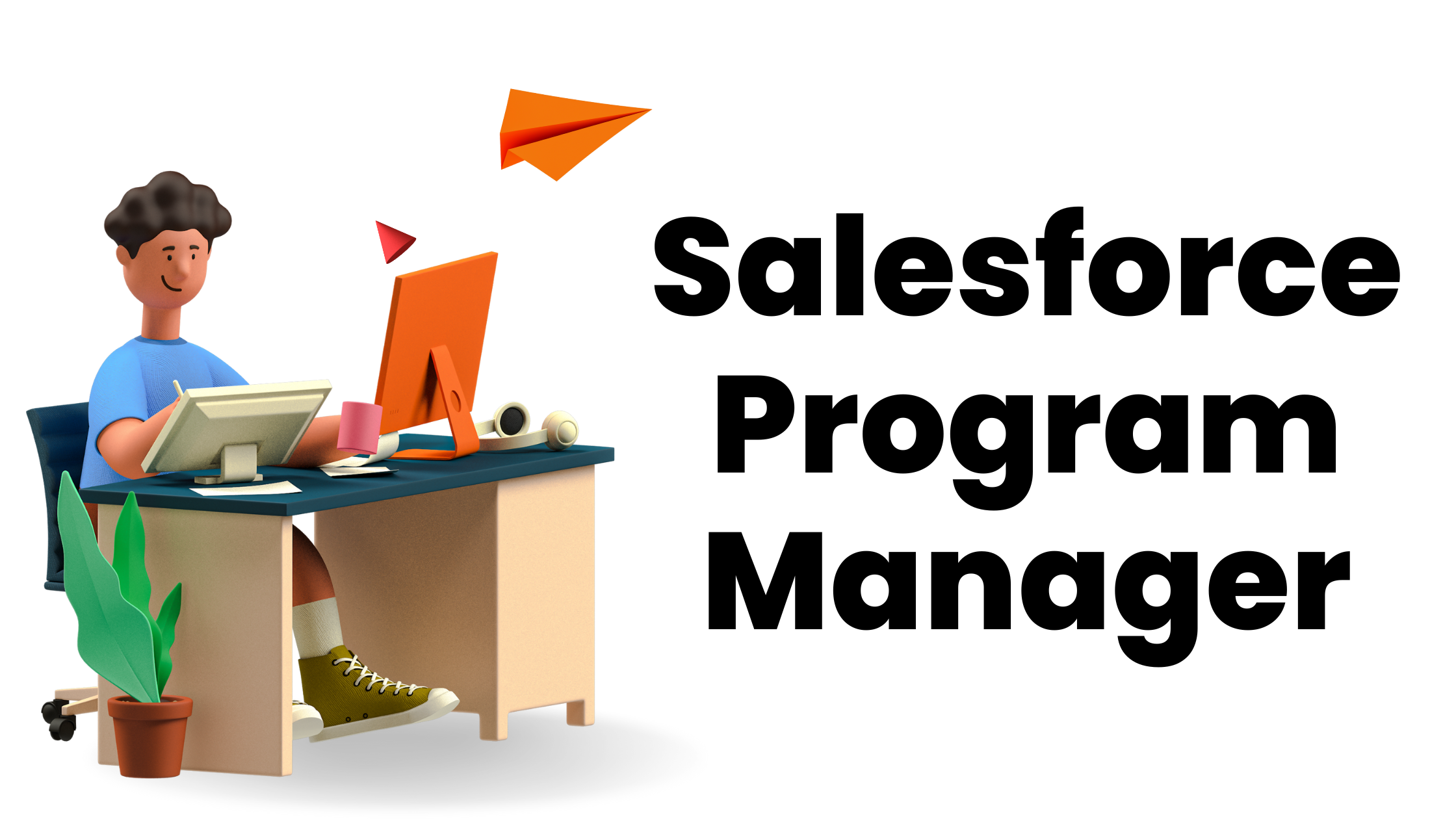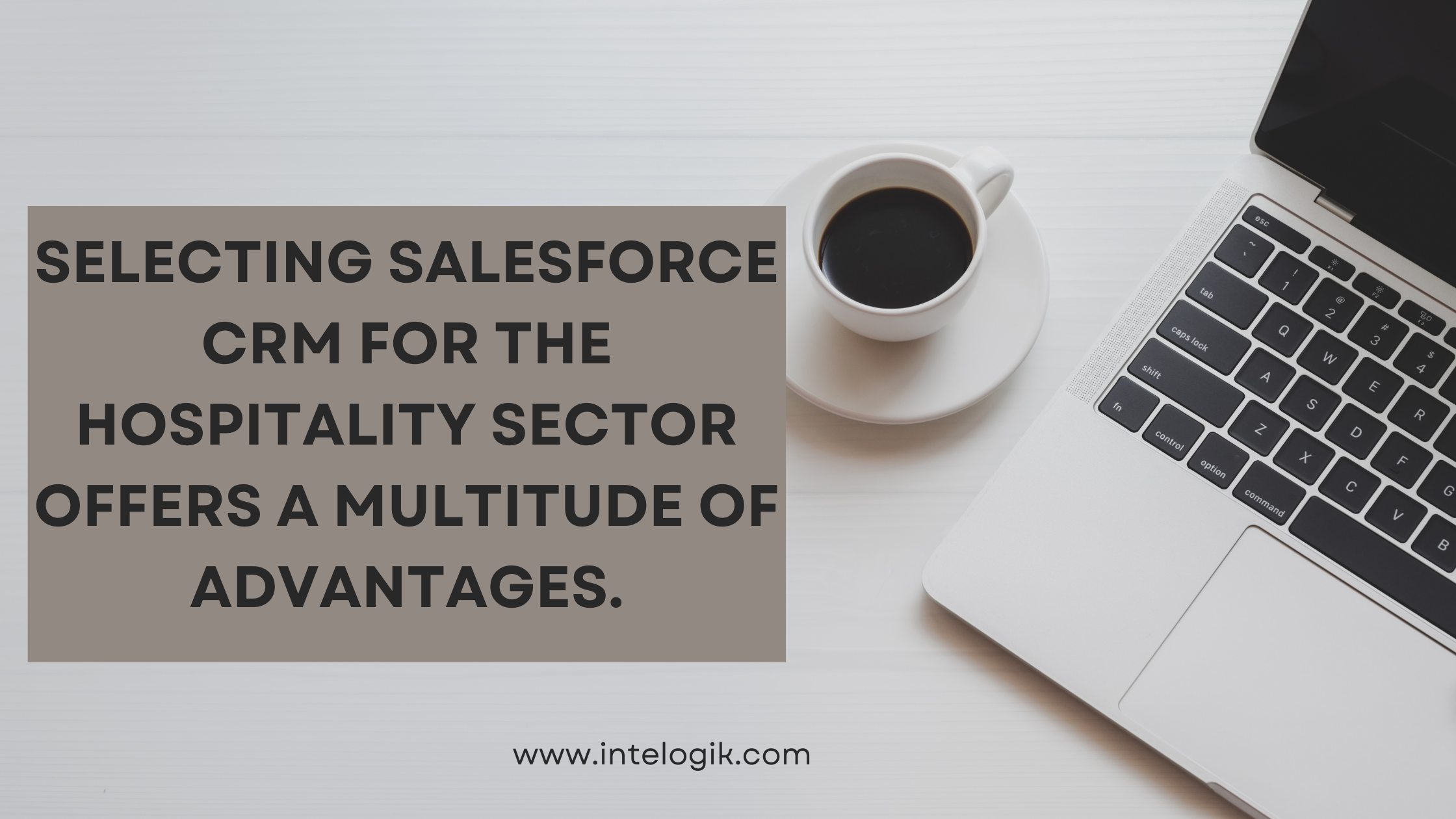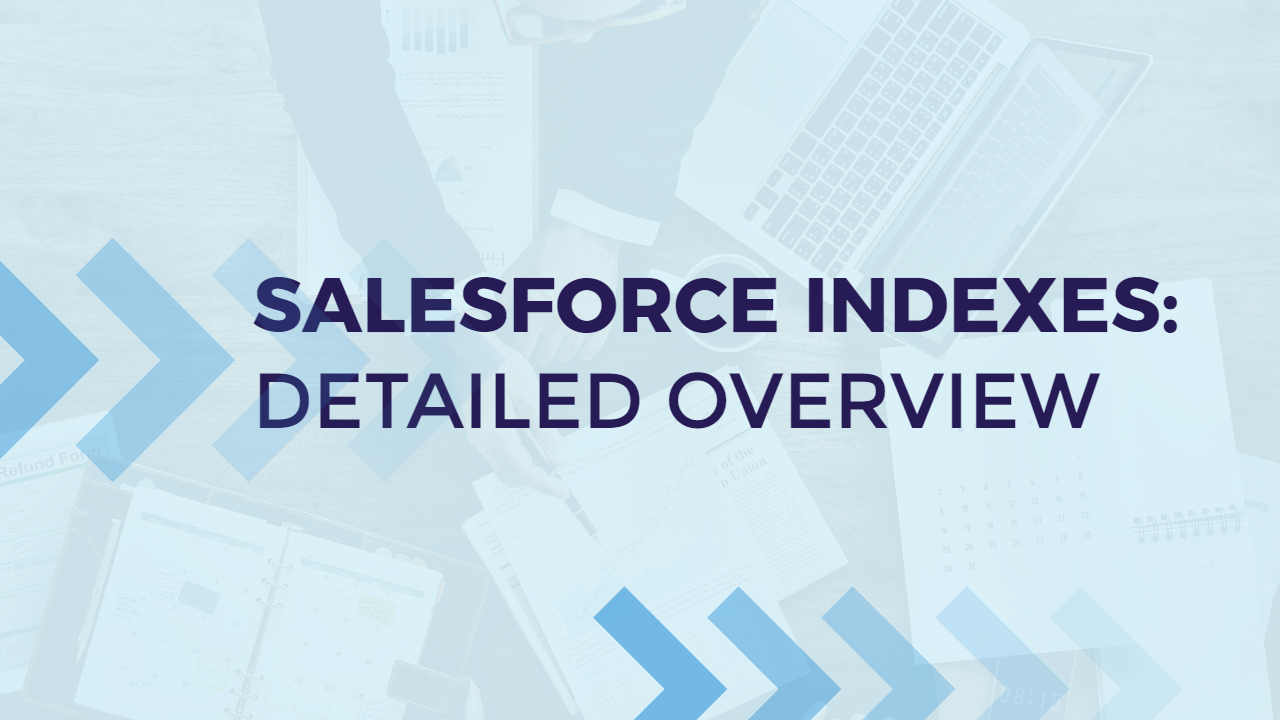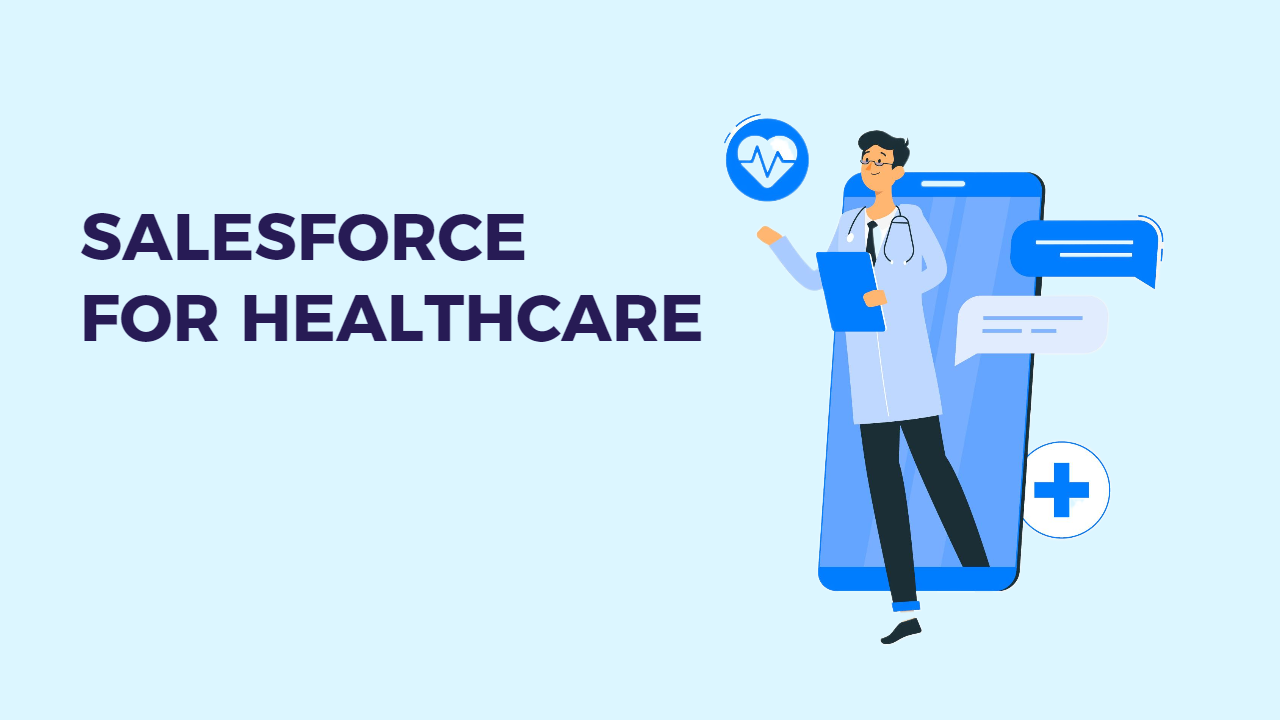Implementing Customer Relationship Management (CRM) in the healthcare industry offers numerous advantages. First and foremost, it enhances the patient experience by personalizing care and improving communication, leading to increased patient satisfaction and loyalty. CRM also boosts patient engagement through tools like patient portals and appointment reminders, increasing adherence to treatment plans.
Efficiency is another key benefit, as CRM helps streamline appointment scheduling, reduce waiting times, and optimize resource allocation. This, in turn, improves clinic and hospital efficiency. Targeted marketing and communication become more effective, as healthcare organizations can use CRM data to tailor messages to specific patient demographics.
Moreover, CRM facilitates comprehensive patient records, better follow-up and care coordination, and data analytics for informed decision-making. It also supports compliance with regulatory requirements and can lead to cost reduction and revenue growth. Staff productivity is enhanced through the automation of administrative tasks, allowing healthcare professionals to focus more on patient care.
In essence, CRM not only benefits patients by delivering personalized care and improving engagement but also helps healthcare providers and organizations operate more efficiently and effectively. It empowers data-driven decision-making, regulatory compliance, and cost management, ultimately contributing to better patient outcomes and the overall success of healthcare institutions.












